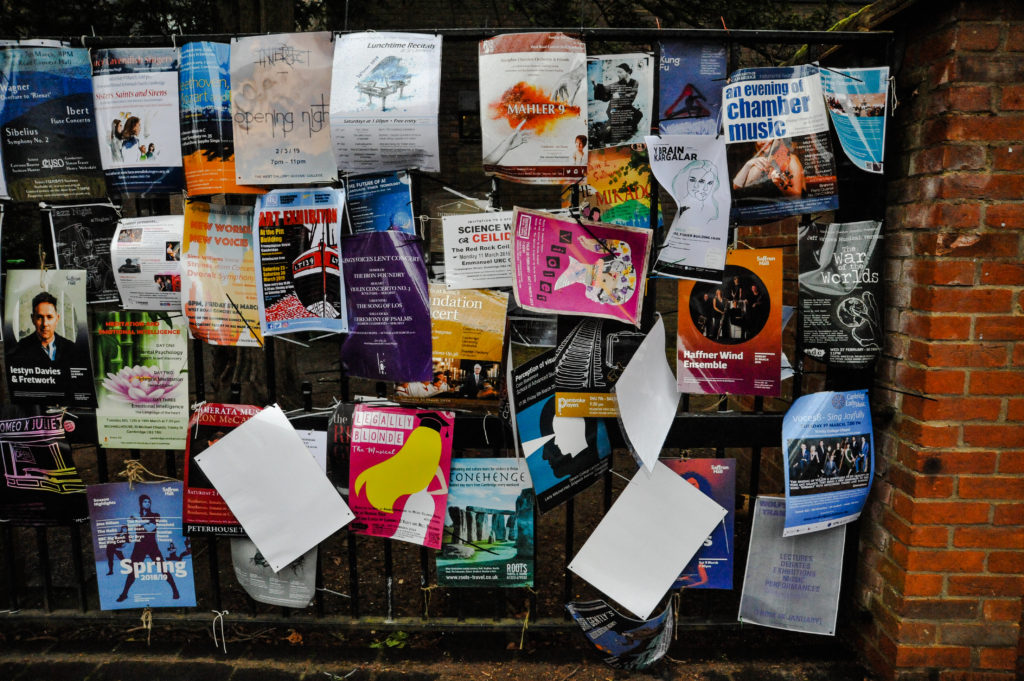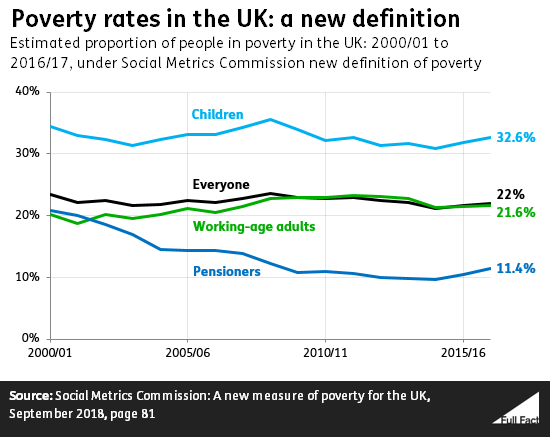Although I’ve been a relatively early-adopter (aka sucker) of tech gadgets for much of my adult life, I’ve generally been relatively slow to upgrade my mobile phones. One factor was that I moved from being on a mobile contract to buying the phones outright and choosing the mobile data deal that suited me best. (I make very few voice calls.) I had an iPhone 4 for years, and when I eventually moved to an iPhone 6 I kept that for years too, reviving it a year ago with a new battery. (It’s the one on the right in the picture.) But in recent years it’s become sluggish and I began to find it increasingly hard on my ageing eyesight. I resisted the temptation to move to an iPhone X for various reasons: the outrageous prices, for one; and, more importantly, I don’t like Face ID and find fingerprint authentication very convenient for the few security-conscious services that I use.
So I had more or less resigned myself to soldiering on with the 6. After all, it did the jobs I needed it to do. And if I needed to read, there was always my iPad. But then I had a conversation with a friend who’d also had an iPhone 6 for years and whose circumstances had recently changed. He’s been spending a lot of time in hospital in the last six months, and didn’t want to be lugging around a laptop, or indeed even an iPad. He’d found, though, that it’s very difficult to run a busy life on such a small phone. So he bought a used iPhone 7 Plus on Amazon.
Next time we met, he extolled the virtues of the bigger format. It made it much easier to browse and to use web-forms, he reported. He found it easier to keep on top of his (formidable) email load — which he would normally have managed on a laptop. And the phone was quicker — a lot quicker — than his iPhone 6.
I followed his example and bought an iPhone 7 Plus on Amazon. My conclusion: it was good advice. The phone came with a year’s guarantee. It has a much faster processor. Web browsing is easier. The camera is a lot better. My email response rate has improved. I make fewer typing mistakes. And I’m using my iPad less. There are still things it’s useless for — blogging, for example. But overall, it’s been a revelation. It’ll do me for a few years, I think.





